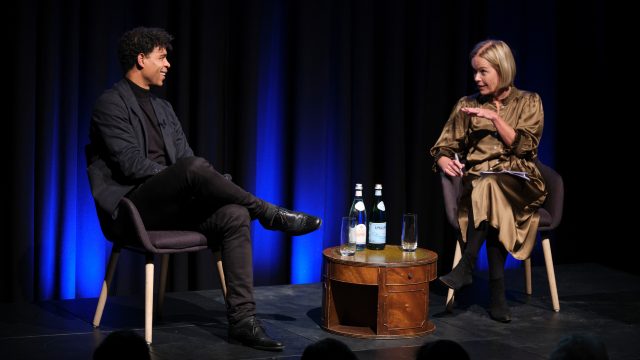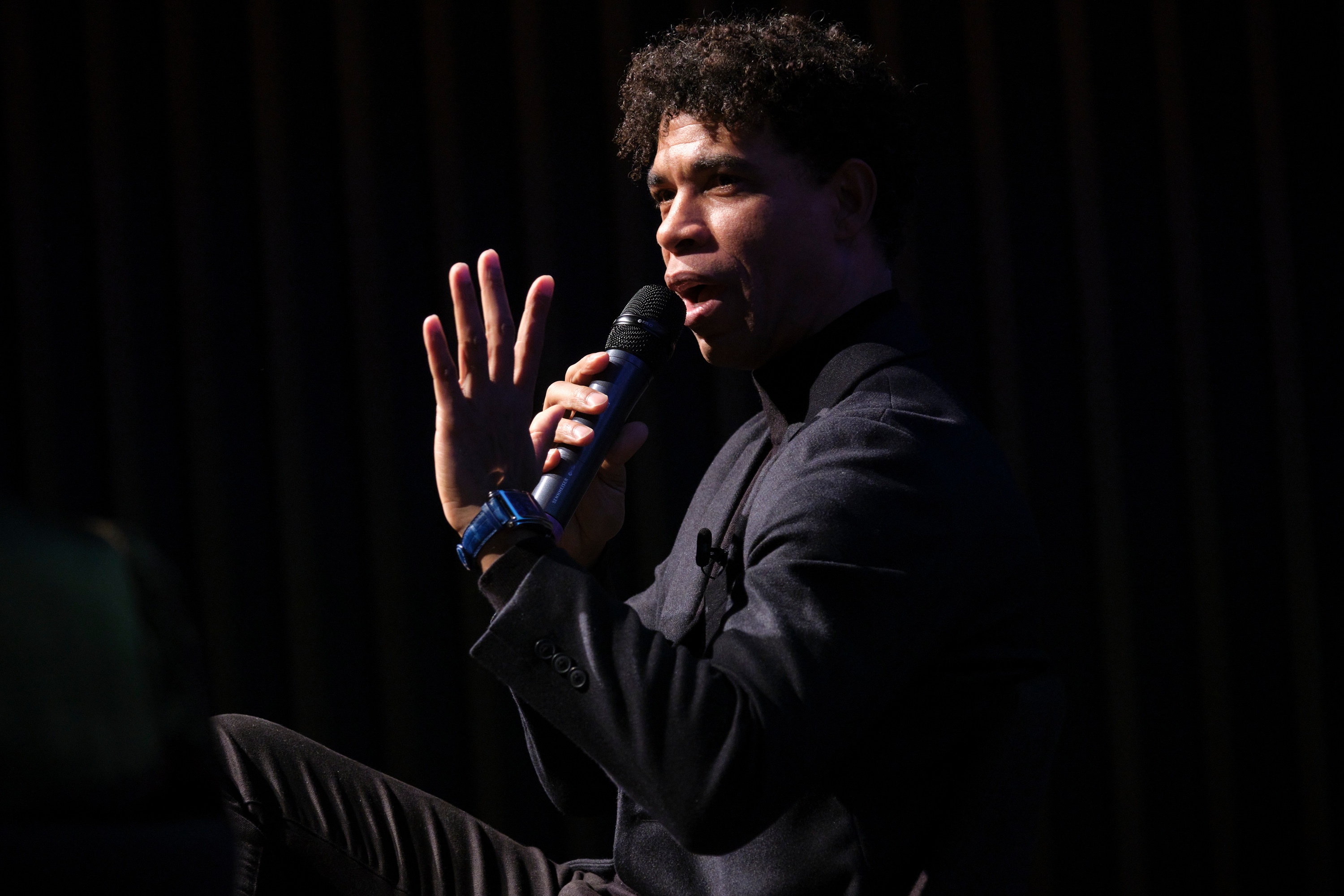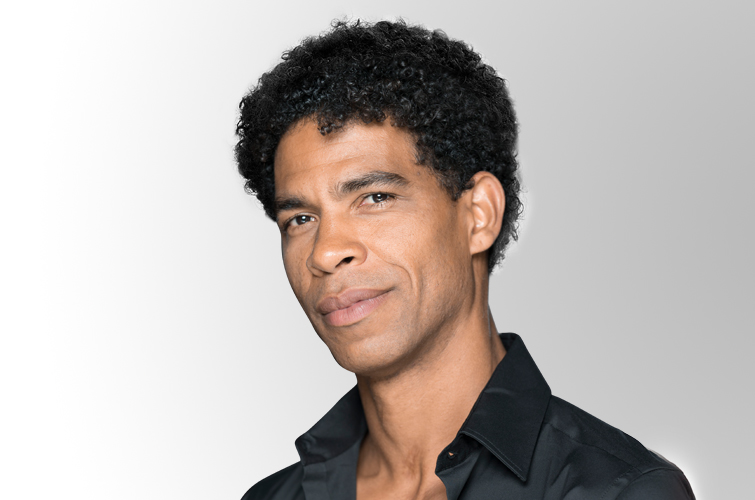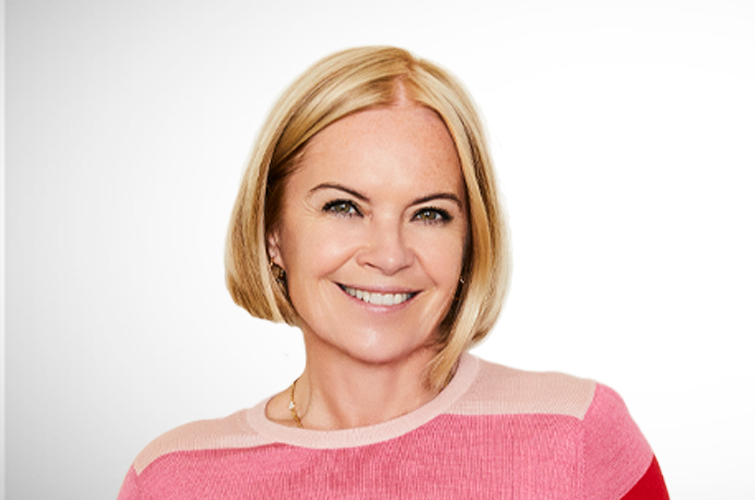Event Summary
Carlos Acosta is recognised as one of the dance world’s most electric talents. In a thrilling hour-long conversation with Mariella Frostrup he relived his journey from his early days breakdancing in Cuba to his current post as Artistic Director of the Birmingham Royal Ballet.
The packed auditorium at JW3 listened to the story of an artist for whom coming to London was like “arriving in a different galaxy”. Yet the boy who had grown up in the poverty-stricken barrio of Los Pinos in Havana would prove to be like a comet in that galaxy, blazing a trail for seventeen years as one of The Royal Ballet’s most distinctive performers.
In his current role, Acosta is constantly on the lookout to promote dancers of different ethnicities and approaches. Still, he recognises that we are now in a very different era from the one in which he emerged. When he was growing up in Havana, almost no one could have predicted that the son of a truck driver who himself was the son of slaves would become one of the most celebrated ballet dancers of his generation.
Challenged that his relationship with his father was “complicated” and sometimes violent, Acosta countered that his father had come from a difficult background and had acted primarily from love. After a visit to a cinema in which he had been entranced by tutu-wearing ballerinas who he described as “women umbrellas”, Acosta’s father decided that Carlos – the youngest of eleven children – would escape poverty by becoming a star in this alternative rarefied universe.
The story of Acosta’s rebellion against his new ballet-dancing existence has been much chronicled, as has his hatred of tights. Yet though he started off seeing ballet as “boring”, he knew he wanted to escape a life of poverty. Ballet became a carrot rather than a stick when he was thirteen and saw the National Ballet of Cuba perform, “I remember that show very well; that was a turning point,” he told the audience. He was also sent to boarding school, which meant he no longer had to travel for hours to train. As he started to focus, teachers quickly recognised his talent, and he was encouraged to go to Europe, where at the age of 16, he won the prestigious Prix de Lausanne.
Yet though he started off seeing ballet as “boring”, he knew he wanted to escape a life of poverty.
He had a bumpy start when he pitched up in London. Coming from Cuba, “I didn’t understand the concept of a bank. I thought on payday they would hand me cash.” Linguistic difficulties meant that early visits to the hairdressers left him half-bald. Suddenly dance was the main anchor to who he was – “I couldn’t speak English, but I was on a mission to be the best dancer I could be.” However, an injury meant he had to leave the English National Ballet and return to Cuba for treatment. Here he ended up performing with the National Ballet of Cuba, where he was spotted and recruited by Ben Stevenson, artistic director of the Houston Ballet.
“I couldn’t speak English, but I was on a mission to be the best dancer I could be.”
Asked about what it felt like to arrive in London after five years of dancing in Houston, he said, “I wanted to test myself in the major leagues”. At first, it didn’t feel that there were the opportunities he had hoped for with The Royal Ballet, and he got “depressed”, but then as major dancers with the company moved abroad, he realised his time had come. In 2003 he became a Principal Guest at the company. The roles with which he has dazzled audiences include Siegfried, Albrecht, The Prince and – the part of which he is proudest – Romeo.
He told the audience that one of his major inspirations had been Rudolf Nureyev – “before him, people mainly came to the ballet for the ballerinas, and the guy was just someone standing at the back. Nureyev broke the mould – every male dancer who has succeeded since him owes part of that success to him.”
Acosta has, of course, broken the mould himself; when asked what difficulties he had faced as a black dancer, he chose to emphasise that “at every point, I had these ‘angels’ who believed in my talent and refused to pigeonhole or typecast me.” Though he is also aware of how much things have improved – “these days you can look around and see amazing talents like Marcelino Sambé (the 28-year-old Principal of The Royal Ballet); we’re no longer the same society”.
“At every point, I had these ‘angels’ who believed in my talent and refused to pigeonhole or typecast me.”
Acosta is a proud father of three daughters, “they are beautiful, beautiful, beautiful – I would love them to be dancers, but every time they try the splits, they complain it’s too painful!” With his fiftieth birthday looming next year, he hinted that he plans to return to the stage, “I miss ballet”. However, he is also invested in developing the Birmingham Royal Ballet – which he took over shortly before Covid hit – with big plans for extending the repertory, touring internationally and developing digital access. “I think it’s important for us to find our own authenticity so that people sense some purpose in investing in us,” he said. “I have a lot of ambitions, but it’s about finding people who share the same passion.”
Event Videos
Event Photographs

Featuring
Carlos Acosta
His athleticism, the sheer joy of dancing as well as his tremendous ability to convey emotion, inspired a generation of dancers across the globe. His very touching story and the obstacles he has overcome speak for themselves.
Mariella Frostrup
Firmly established at the very pinnacle of the UK’s opinion-forming journalists and Broadcasters, Mariella Frostrup has defied every attempt to pigeonhole her skills and talents.



















